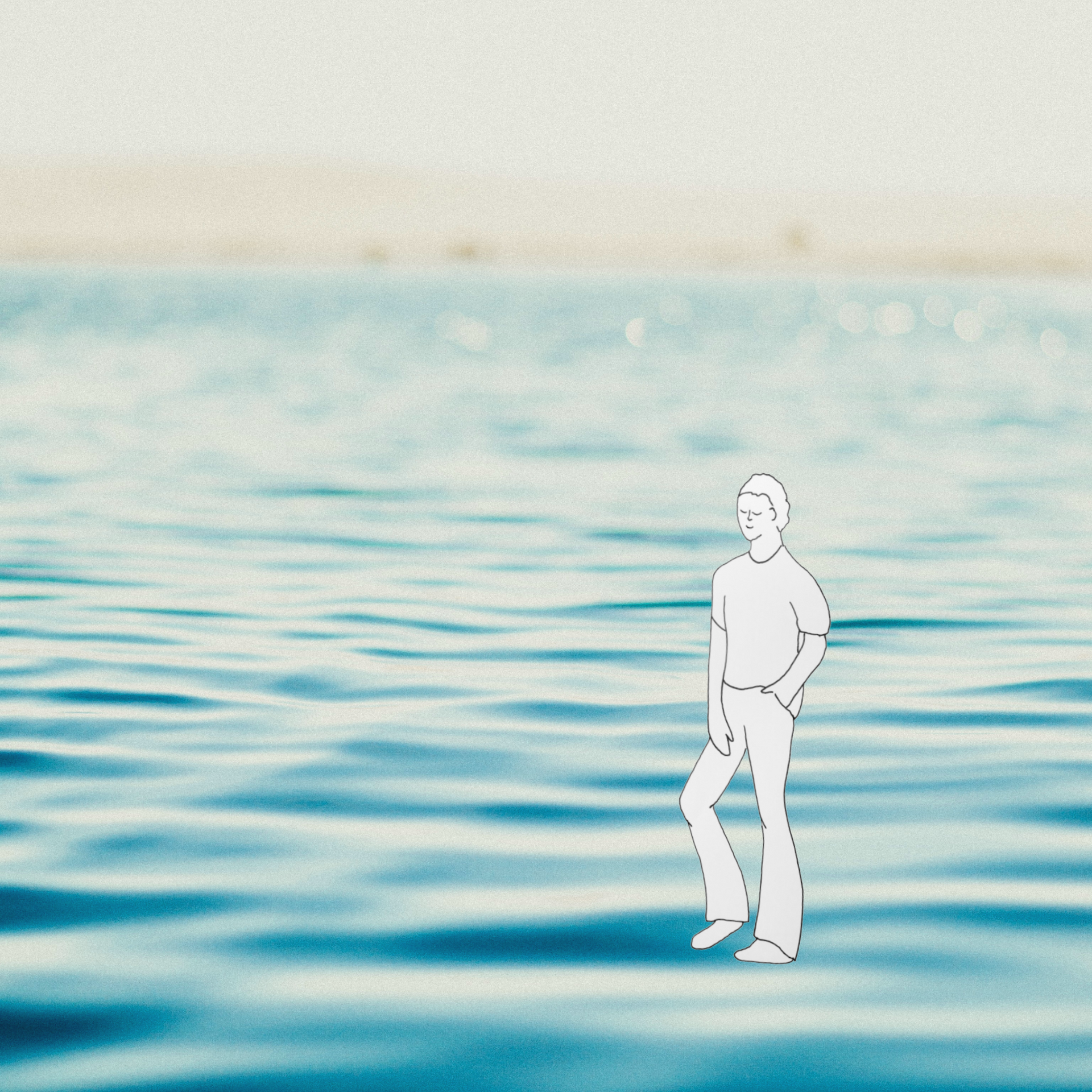Love my mind's Thoughts, Tips and advice for well being.







AVAILABLE ONLINE OR IN BATH, UK. BOOK YOUR FREE DISCOVERY CALL TODAY - CALL FLEUR ON
07704429577 - EMAIL
fleur@lovemymind.co.uk







Happy Customers...

IT WORKED!!!! After many years of trying and failing to give up I actually can't believe how easy this feels. I've tried most things, including hypnotherapy, before so was quite skeptical about it working on me. Once a smoker, always a smoker was my mantra every time I failed. Fleur not only delved into the nitty gritty of why I smoke and the excuses we tell ourselves, but tapped into my subconscious with a super relaxing hypnosis session. Her colourful and warm personality combined with her beautiful home and professional approach made the experience truly enjoyable. It's early days still, but I feel confident, proud and excited that I can live a healthier, longer life free from smoking. Helen Bath UK

"Fleurs hypnotherapy has given more confidence and it's helping me to understand how I react emotionally in situations. I absolutely would recommend Fleur! She is really lovely and supportive - like a ray of sunshine, easy to talk to and very relaxing. Our sessions are very valuable. I love it when she changes the hypnosis bit to be really specific to me.”

“I was looking for better coping mechanisms, and Fleur has helped me cope better with day to day stresses and strains. She was fabulous, very calming yet direct, the sessions felt nearly like a life training session, I’d good to take stock of life on a weekly basis (and the ongoing to do list that never seems to reduce) but would positively address what I have achieved and my next goals to my preferred future.”.

“Fleur is calm and caring so I could open my mind. She made me feel at ease and helped me understand my behaviour. I've been battling with my mental health for years but after seeing Fleur, I am starting to see the light. Hypnotherapy has helped me sleep better at night and appreciate the beauty in the world around me. I am able to catch myself in the act of thinking negatively and change that thought, and I am slowly working up the courage to leave the house alone after over a year!”

Fleur helped me get over my fear of thunder and lightening, three sessions and just like that, I no long have anxiety when I hear a rumble. Especially when I live in Australia. I have since been working with Fleur on other personal issues and she is amazing to work with, professioal, kind and knowledgeable. I would thoroughly recommend her to anyone.

It’s a sensory journey just being with her in her home, but also with the hypnotherapy work we’ve done together. I say ‘together’ because she has been with me for every moment, held me through some really difficult stuff and given me, not only hope, but real tangible solutions..
Having been forced to change my life due to chronic illness and anxiety, I was feeling very stuck and despondent from trying so many methods to healing, all with varying success. Fleur also sought out additional practices to help me with my chronic illnesses, Fibromyalgia and ME/CFS. Tailoring the treatment to her client every session.
I am so glad I took the leap and got started with Fleur.
I still need to actively use the tools I’ve been given, but I honestly just feel so differently about stuff. In 8 sessions you’ve changed my life.
I’m forever grateful Fleur, THANKYOU X

I was experiencing anxiety, panic attacks and OCD symptoms.
I really enjoyed our sessions and Fleur made me feel comfortable and relaxed throughout. Thanks to her expertise, compassion and positive outlook I have learned coping strategies that I can use for life 🙂

Lots of anxiety, low mood, unable to think, focus, function… significantly easier after just two sessions but I feel that the course of 4 sessions has given me a toolkit to dip into and I am looking forward to joining in to calm club to help with my ongoing mental health and well-being.
Fleur’s approach is professional, caring and just lovely and really does bring the joy back.

She will literally bring colour into your life. I worked with Fleur for a year and she really made a big difference to my outlook on life. We slowly untangled through a web of my own problems/ insecurities. My fundamental perspectives have shifted and that is helping me live a more peaceful everyday life. I only stopped therapy due to a change in financial status, but I am looking forward to working with Fleur in the future. Thank you Fleur ✨

Fleur is without doubt the best person my daughter has seen for support. She is so great at what she does. I would really recommend her and what she does.

Before I met Fleur I had crippling anxiety and did not believe in myself and my capabilities.
I quit a uni module because my anxiety took over. I then met Fleur and she got me through it. I walked into my role play exam and did it with minimal anxiety and passed! I believe to this day without Fleur I would of never done this.
I'm onto my next module now and I had no anxiety when preparing for a presentation and I have an exam coming up...and I feel confident about this.
All Rights Reserved | LoveMyMind